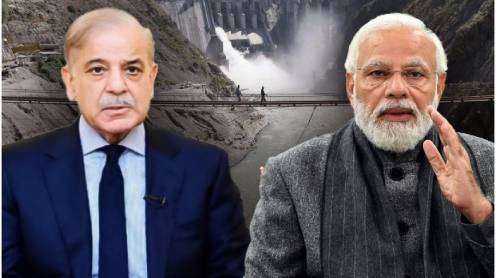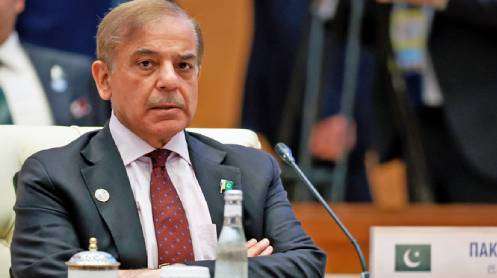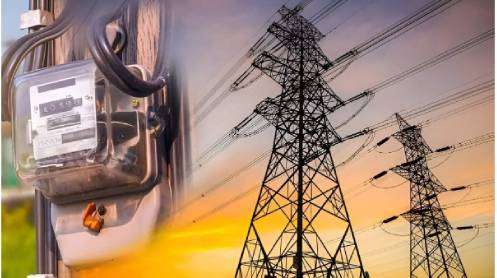ISLAMABAD: Pakistan’s eminent water expert Arshad H. Abbasi has raised alarm over India’s latest hydropower expansion in *Ladakh, warning that the projects violate the *Indus Waters Treaty (IWT) and threaten to trigger a humanitarian and ecological crisis. In a detailed letter to *United Nations Secretary-General António Guterres, Abbasi condemned India’s plans to construct new *10MW hydropower projects in the disputed region, including sites at Achinthang-Sanjak, Parfila, Sunit (Batalik), and Khalsti.
Abbasi asserted that India’s actions exceed the storage and usage limits granted under the IWT and are geared towards *military benefit—specifically for **troops stationed on the Siachen Glacier—rather than civilian development. “This is a death sentence for Pakistan and a threat to the ancient *Indus Valley Civilization,” he wrote.
He cited past projects like Nimoo Bazgo (45MW) and Chutak (44MW) as precedent, arguing that they were built without transboundary consultation and primarily serve the Indian Army’s *XIV Corps. Abbasi urged the UN to investigate how *carbon credits were awarded under UNFCCC mechanisms for these controversial developments.
He also highlighted India’s construction of a 45-kilometer inland water transport route on the Indus River in Ladakh and questioned the necessity of such infrastructure in a sparsely populated, energy-challenged region better suited to solar power.
Abbasi appealed to the UN to reinstate and enforce the Indus Waters Treaty, cautioning that India’s unilateral actions could destabilize a fragile regional water security framework.
Story by Khalid Mustafa







